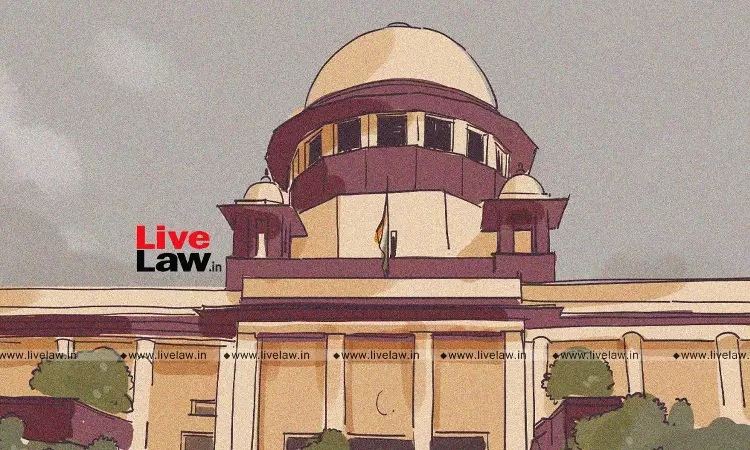The Supreme Court (October 22) dismissed an Article 32 petition filed by an 89-year-old Pakistan national seeking remission for his unconditional release to go back to his home country.A bench of Justices B.R. Gavai and K.V. Viswanathan heard this matter and dismissed the petition as withdrawn not before adding that had the Jammu & Kashmir and Ladakh Government recommended remission, it...

